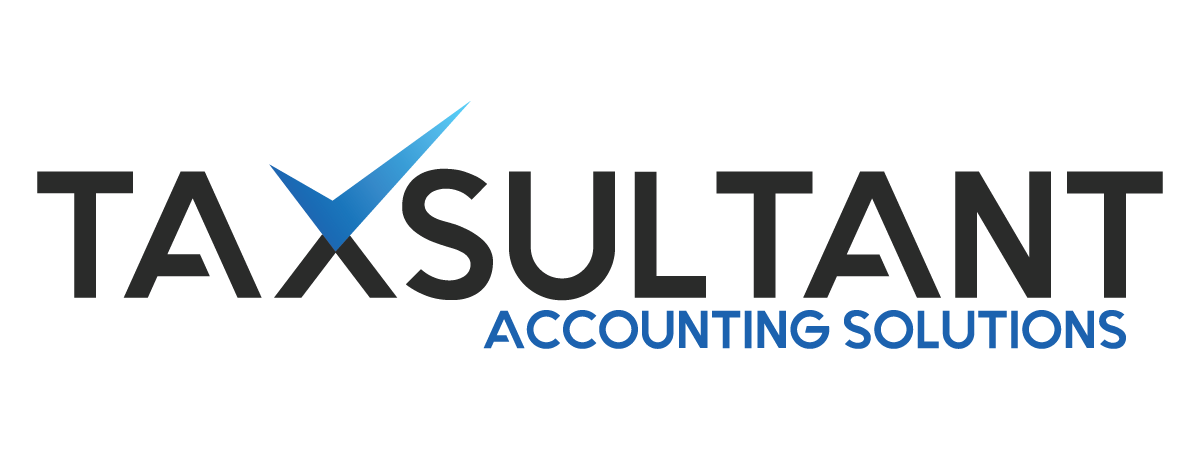Darpan Registration
DARPAN Registration is a process required for Non-Governmental Organizations (NGOs), Trusts, Societies, and other voluntary organizations to apply for various government schemes and funding. The acronym DARPAN stands for Development and Registration of NGOs and Voluntary Action Organizations. It is an initiative by the NITI Aayog (National Institution for Transforming India), which is the government’s policy think tank.
The DARPAN Portal is a platform used for the registration of NGOs, enabling them to apply for government grants and funding. This registration helps the government to have a database of NGOs and verify their legitimacy for participation in various welfare schemes.
Key Features of DARPAN Registration:
Eligibility: NGOs, Trusts, Societies, and other non-profit organizations working in the development and social welfare sector are eligible for DARPAN Registration.
The organization must have a valid registration under the Societies Registration Act, Indian Trusts Act, or the Section 8 Companies Act (for non-profit companies).
The organization must have a PAN number and bank account details in the name of the organization.
Purpose: The DARPAN registration allows NGOs to register themselves with the government to be eligible to apply for various government-funded schemes, grants, and projects.
It provides credibility and transparency to organizations seeking government support.
The registration ensures that the NGO is genuine and involved in social or developmental activities.
Benefits of DARPAN Registration:
Access to Government Schemes: Registered NGOs can apply for central and state government schemes.
Fund Allocation: NGOs can access government funds, grants, and financial support for their projects.
Transparency and Accountability: It promotes accountability by ensuring that organizations follow required regulations and reporting mechanisms.
Collaboration with Government: Registered NGOs can collaborate with government agencies on various projects aimed at community development.
Documents Required for DARPAN Registration:
PAN Card of the NGO.
Certificate of Registration (Trust/Society/Section 8 Company).
Bank Account Details in the name of the organization.
Email ID and Mobile Number of the authorized person.
List of Members (in case of Society).
Address Proof of the registered office.
Aadhaar Card of the authorized person.
Constitution/Bye-laws of the NGO (for Trust/Society).
Registration Process:
The DARPAN registration process is carried out online through the official DARPAN Portal.
Step 1: Visit the official DARPAN Portal https://ngodarpan.gov.in.
Step 2: Click on the “Register NGO” option.
Step 3: Fill in the required details about the organization, such as:
Name of the organization
Registration number and date
PAN number
Address and contact details
Step 4: Upload the required documents (certificate of registration, bank account details, etc.).
Step 5: Submit the form for approval.
Step 6: After successful verification, the registration will be processed, and a Unique DARPAN Registration Number will be issued.
Validity and Renewal:
DARPAN registration is typically valid for a lifetime unless there are changes to the organization’s status or activities.
In case of any changes (e.g., change of address, members, or objectives), the organization must update its DARPAN registration details.
DARPAN Unique ID:
Upon successful registration, each NGO is given a DARPAN Unique ID, which is used for identification and as a reference for applying to various government schemes.
This ID is also used in communications and to track funding disbursements.
Importance of DARPAN Registration:
Government Schemes: NGOs registered on the DARPAN Portal can apply for various government schemes, such as PM CARES Fund, Rashtriya Swasthya Bima Yojana, and many others.
Funding and Grants: NGOs can access funding from government sources, ensuring that their projects related to social welfare, education, healthcare, rural development, etc., are supported.
Accountability: The registration helps ensure that NGOs are transparent in their operations and use of funds, thus improving trust with both the government and the public.
Collaboration: A DARPAN ID enables easy collaboration between NGOs and government bodies, aiding in the implementation of various welfare programs.
DARPAN Registration vs. CSR Registration:
DARPAN Registration is specifically for NGOs and non-profit organizations seeking government funding and collaboration for social welfare activities.
CSR (Corporate Social Responsibility) registration, on the other hand, is typically for corporate entities involved in social development activities, which must be done through an NGO or registered entity.
Conclusion:
DARPAN Registration is a critical step for NGOs and non-profit organizations to gain recognition and access government support for development and welfare activities. It helps ensure transparency, accountability, and easy access to funding for social causes. The registration not only benefits the organization but also aids the government in tracking and monitoring the impact of social and developmental projects effectively.
